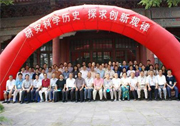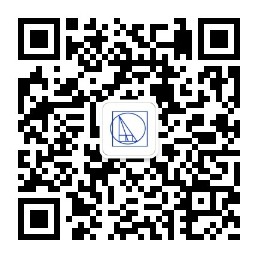| 中文题目: | 作为“医疗圣经”的《赤脚医生手册》——20世纪六七十年代中国的医疗政治与知识传播 | ||||||
| 英文题目: | A Barefoot Doctor’s Manual as a “Medical Bible”: Medical Politics and Knowledge Transmission in China | ||||||
| 作 者: | 方小平 | ||||||
| 刊物名称: | Chinese Annals of History of Science and Technology | ||||||
| 发表年度: | 2019 | ||||||
| 卷: | 3 | ||||||
| 期: | 2 | ||||||
| 页码: | 166–194 | ||||||
| 中文摘要: | 本文分析《赤脚医生手册》的起源、编写和发行,探讨20世纪六七十年代中国医疗政治与知识传播之间的关系及其对中医在世界范围内发展所产生的影响。赤脚医生是特殊社会政治背景下产生的特殊的乡村医疗者群体。自1969年《赤脚医生手册》首次发行之后,各种版本的赤脚医生手册和教材在全国各地出版发行。在政治出版物占主导的“文化大革命”时期,这些医学手册和教科书成为一种特殊现象。《赤脚医生手册》不仅是赤脚医生日常学习和实践的指南,而且是普通民众医疗知识的重要来源。在1970年代中期,《赤脚医生手册》被翻译成多种文字在各国发行。本文指出,《赤脚医生手册》的出版作为一种面向大众的补充的知识传播模式,也是一种在特定时代出现和采用的模式,该模式最终被正规医学教育体系下的培训模式所取代;体现了在资源匮乏和教育水平较低状况下政治对医疗和卫生产生的影响。地缘政治的变化、替代医学在西方社会的兴起以及世界卫生组织对卫生普及和公平的关注促使了《赤脚医生手册》的翻译发行,并推动了中医在世界上的传播。由此,本文对中国医疗政治和知识传播之间的关系贡献了一项理论和实证研究。 | ||||||
| 英文摘要: |
This paper examines the origin, compilation, and circulation of A Barefoot Doctor’s Manual (Chijiao yisheng shouce 赤脚医生手册), exploring the relationship between medical politics and knowledge transmission in China, and its impact on the promotion of Chinese medicine across the world. Barefoot doctors were a special group of rural medical practitioners active in a very special socio-political context. Various editions of barefoot doctor manuals and textbooks were published across China after the first publication of the Manual in 1969. The publication of these manuals and textbooks became an indelible hallmark of the “Cultural Revolution” (1966–1976), when political publications predominated. The Manual was not only a guide for barefoot doctors in their daily study and practice, but also a primary source of medical knowledge for ordinary people. In the middle of the 1970s, the Manual was translated into many languages and published worldwide. This paper argues that the publication of A Barefoot Doctor’s Manual embodied a public-oriented mode of knowledge transmission that emerged and was adopted during a very specific era, and though it was eventually substituted by a mode of training embedded in the formal medical education system, it demonstrated the impact of politics on medicine and health in the context of resource scarcity and low literacy. Changes in China’s geopolitical status, the West’s pursuit of alternative approaches to medicine and health, and the World Health Organization’s (WHO’s) concern over health universality and equity all contributed to the translation and circulation of the Manual, facilitating the dissemination of Chinese medicine worldwide. The paper thus presents empirical and theoretical contributions to research on the relationship between medical politics and knowledge transmission in China.
|
||||||





